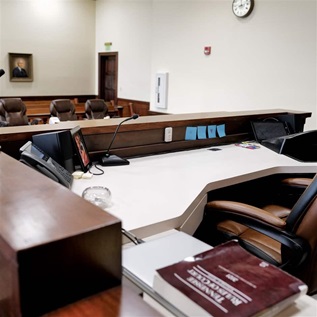Statement on House Passage of Landmark Higher Education Bill
Lauren Asher, president of the Institute for College Access & Success, issued the following statement on the passage of H.R. 3221, the Student Aid and Fiscal Responsibility Act of 2009:
“With student debt at record levels and loan default rates on the rise, the House just passed legislation that will provide real annual increases in student grant aid, reducing the need to borrow.
“The Student Aid and Fiscal Responsibility Act of 2009 (H.R. 3221) is a major step toward restoring the Pell Grant's lost purchasing power. If the maximum Pell Grant had been rising at the proposed rate since the 1974-75 school year, Pell funding would be 43% higher than it is today and cover 47% of the cost of a public four-year education. In 1975-76, the maximum Pell Grant covered 84% of that cost; today it covers 35%.
“This crucial increase in grant funding is paid for by streamlining the federal loan programs, at no cost to taxpayers. Making all federal loans through the Direct Loan program will also make it easy for borrowers to distinguish federal student loans from risky private loans. In 2007-08, nearly two-thirds (64%) of undergraduates with private loans borrowed less than they could have in federal loans, and one in four had no federal loans at all.
“This bill is a win for students and families, and we look forward to it moving through Congress and to the President's desk before the end of the year. We urge the Senate to move swiftly and to prioritize funding for Pell Grants. We also encourage the Senate to improve the contracting provisions for student loan servicing to minimize costs for taxpayers and maximize benefits for students and families.
An independent, nonprofit organization, the Institute for College Access & Success works to make higher education more available and affordable for people of all backgrounds. By conducting and supporting nonpartisan research, analysis, and advocacy, the Institute aims to improve the processes and public policies that can pave the way to successful educational outcomes for students and for society. www.ticas.org.
Pew is no longer active in this line of work, but for more information, visit the Project on Student Debt Web site or visit the The Project on Student Debt on PewHealth.org.











